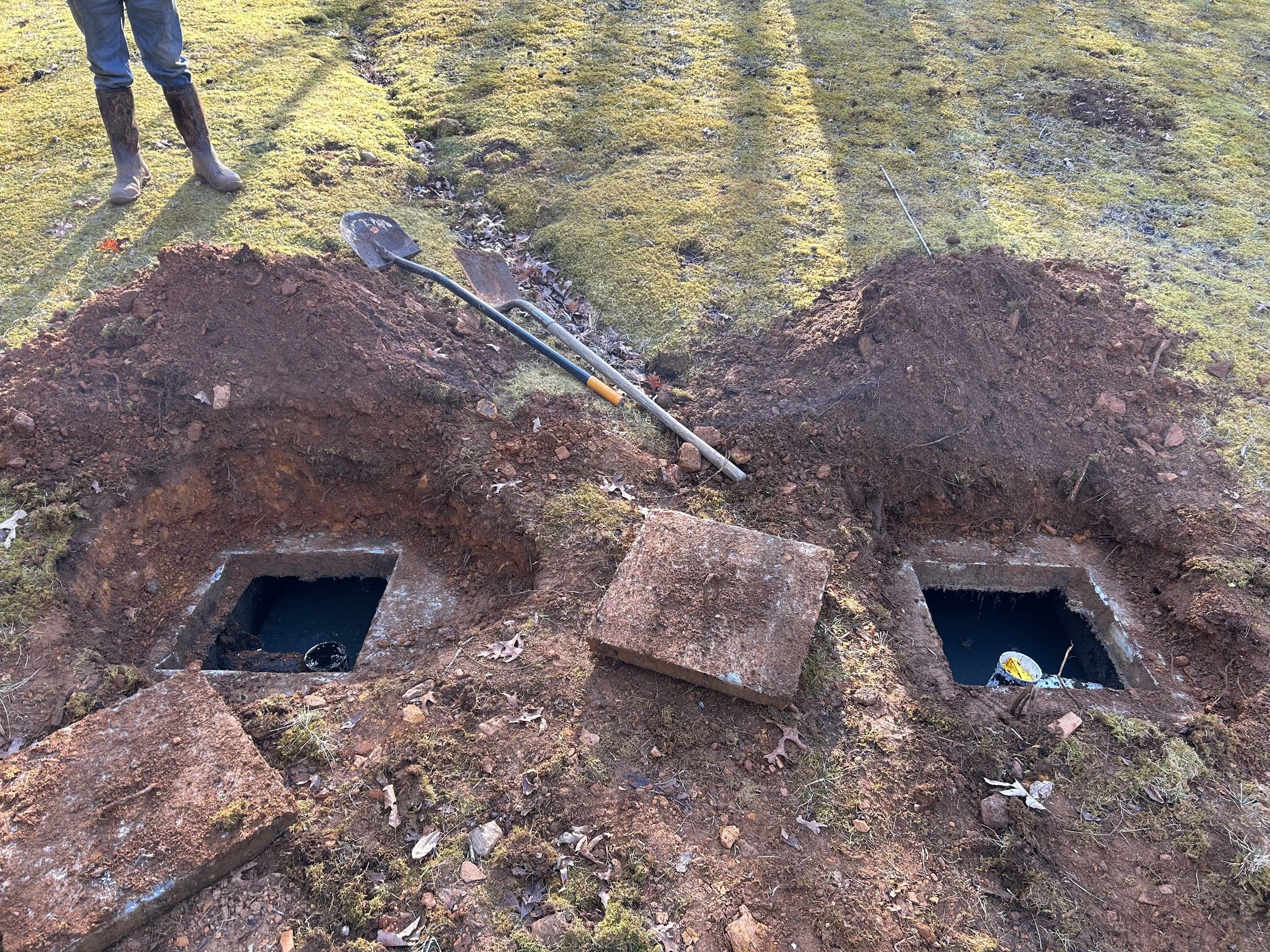blog
The Impact of Drano, Bleach, and Other Chemicals on Septic Systems
Maintaining a septic system can be a bit of a balancing act, particularly when it comes to what you put down your drains. Common household products like Drano, bleach, and other chemicals can seem like quick fixes for clogged pipes or tough cleaning jobs, but they may pose significant risks to the health and efficiency of your septic system.
What does a septic filter do?
A septic filter, often called an effluent filter, is a device installed within the septic tank, usually at the outlet pipe. Its primary function is to trap and filter out solids and debris before the effluent (wastewater) exits the tank and flows into the drain field. By doing so, it protects the drain field from clogging and extends the life of your septic system.
What is a septic system and how does it work?
A septic system is an underground wastewater treatment structure, used in rural areas without centralized sewer systems. It consists of a septic tank and a drain field.
The Longevity of Septic Systems: What to Expect and How to Extend Their Lifespan
On average, a well-designed, properly installed, and diligently maintained septic system can last anywhere from 20 to 40 years. However, some systems have been known to function effectively for over 50 years with exceptional care and favorable conditions. The lifespan of a septic system is influenced by several factors, including the type of system, soil conditions, usage patterns, and maintenance practices.
Maintaining and pumping your septic tank
Owning a home with a septic system comes with a unique set of responsibilities. While a well-maintained septic tank can last for decades, neglect can lead to costly repairs and unpleasant situations. Regular maintenance and timely pumping are crucial to keeping your septic system in optimal condition. Here’s everything you need to know about maintaining and pumping your septic tank.





